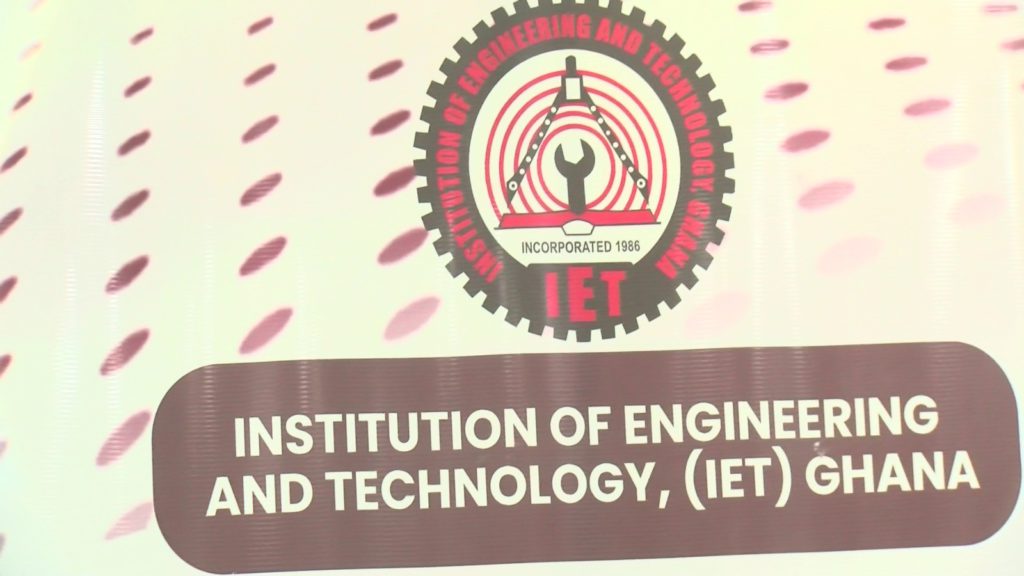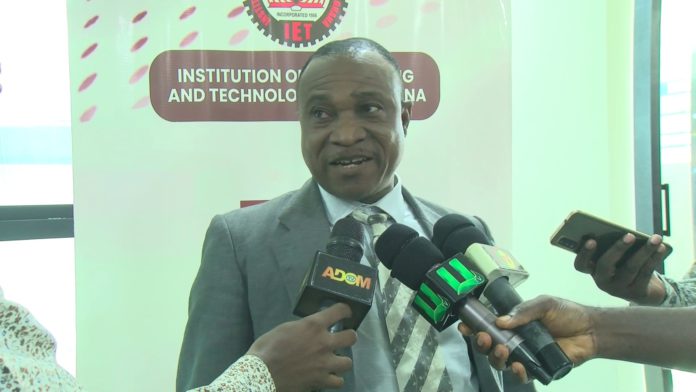The University of Cape Coast (UCC) has solidified a strategic partnership with the Institution of Engineering and Technology (IET), aiming to bridge the gap between academia and industry while pioneering sustainable engineering programmes.
At the helm of this initiative is Professor Robert Sarpong Amoah, the Dean of the School of Sustainable Engineering at UCC, who has expressed enthusiasm about the collaboration’s multifaceted impact.
One key aspect of this collaboration involves seeking approval from the Ghana Tertiary Education Commission (GTEC) for UCC to offer engineering programmes.
Professor Amoah highlights the pivotal role played by IET in this process, from providing advice during stakeholder workshops to consultancy services in curriculum development.
The partnership extends to accreditation processes, where IET worked closely with UCC to ensure the university’s laboratories were equipped to meet the standards necessary for offering engineering programs.
The memorandum of understanding (MoU) between UCC and IET encompasses various facets, one of which allows IET engineers to actively participate in lecturing UCC students in engineering.
Professor Amoah proudly announced that several UCC lecturers have already joined the IET group, marking a significant step towards integrating industry expertise into academic instruction.
The induction ceremony, a testament to the success of the collaboration, witnessed three UCC lecturers joining the ranks of IET as engineering professionals.
This development underscores the commitment of both institutions to fostering a symbiotic relationship that enhances the quality of engineering education and professional development.
Professor Amoah emphasized the importance of aligning UCC’s engineering programmes with the United Nations Sustainable Development Goals.
The focus is on developing environmentally friendly and socially responsible engineering solutions that address pressing societal needs.
The concept of sustainable engineering at UCC extends beyond theoretical frameworks to tangible applications in areas such as construction, water supply, energy, and more.
Sustainable engineering, as envisioned by UCC and IET, goes beyond academic discourse; it is a commitment to responsible stewardship of natural resources.

The collaboration aims to instill in engineering students the principles of sustainability, ensuring that the products they develop are not only technologically advanced but also environmentally conscious.
In conclusion, the partnership between the University of Cape Coast and the Institution of Engineering and Technology marks a significant milestone in the advancement of sustainable engineering education.
As UCC prepares to roll out its engineering programmes, the collaboration with IET sets a precedent for future initiatives that seek to harmonize academic excellence with real-world impact, addressing the challenges of today while preserving the resources for generations to come.
ALSO READ:

